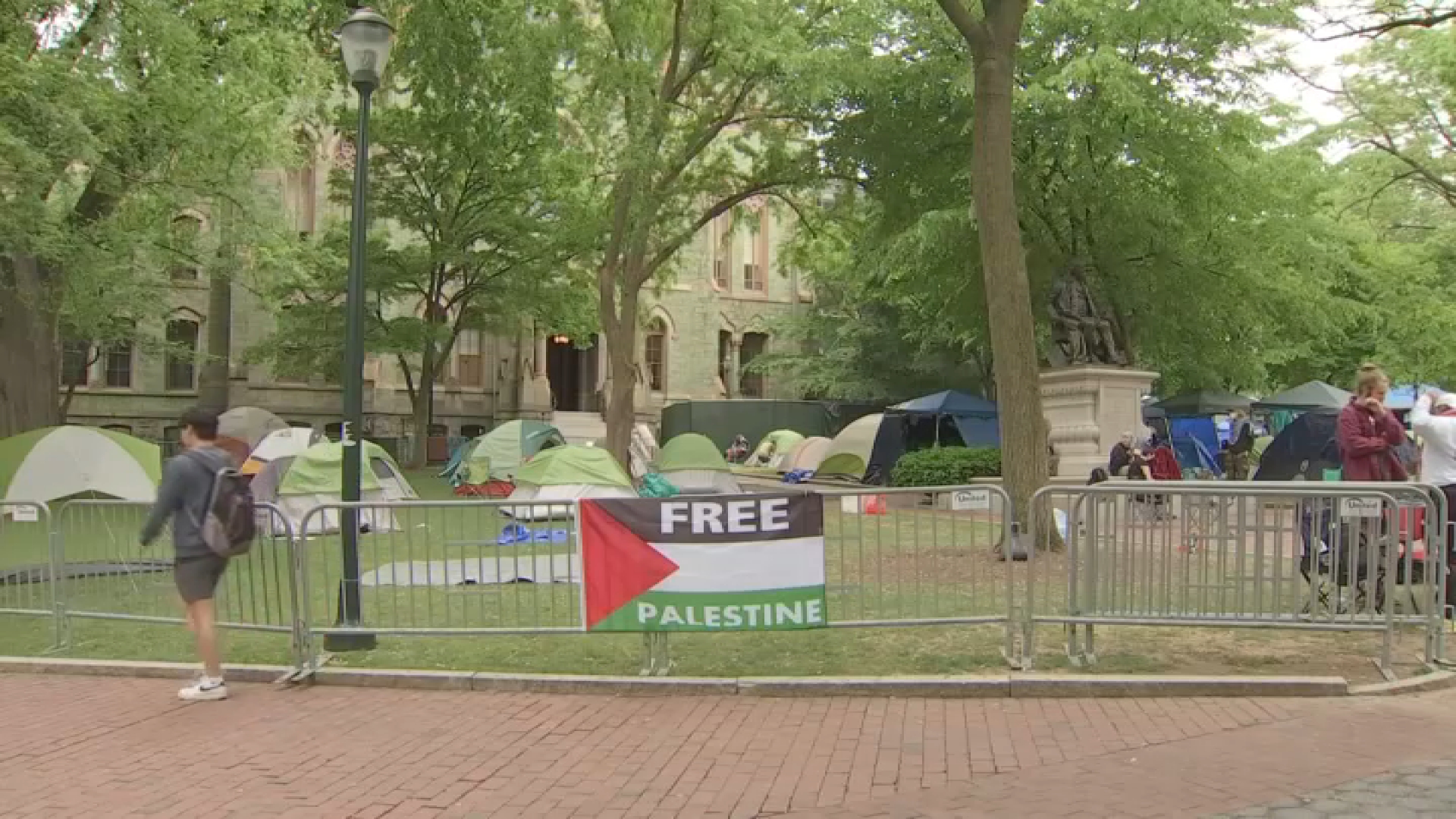The eyewitness has since allegedly confessed to being legally blind.
The detective who interrogated the suspect allegedly kicked the young man repeatedly in his testicles before getting a signed confession.
The suspect, according to his former boss, was working miles away when the slaying took place.
Still, Willie Veasy remains behind bars, in prison for the last 26 years since his conviction in 1992.
Is the now 52-year-old man innocent of a murder in the Franklinville section of North Philadelphia all those years ago? That question faces renewed scrutiny this spring. New District Attorney Larry Krasner's office is reviewing the case, his chief of conviction review told NBC10.
"I will say that it is a case that we are looking at," the review chief, Patricia Cummings, said.
If the DA's office decides that the charges aren't appropriate in light of new evidence, the two sides could request a new trial. In a best-case scenario for Veasy, the DA could then decide to drop the charges.
Local
Breaking news and the stories that matter to your neighborhood.
The fallback option is a Post-Conviction Relief Act petition by an attorney for the Pennsylvania Innocence Project, which is working on Veasy's case. He could ask a judge for a new trial through that appeal.
He is adamant that he's an innocent man.
"You have to wake up to that realization that you're actually in here, which you really can't believe," Veasy told NBC10 in a phone interview from Graterford State Prison in Montgomery County.
"I can't believe I'm actually incarcerated for something I didn't do," Veasy said.
Cummings, hired by District Attorney Larry Krasner from a similar post in Texas, has her hands full. Veasy is part of a cluster of prisoners currently challenging their life sentences on murder convictions in the late 1980s through early 1990s.
Their challenges are often rooted in tactics by Philadelphia homicide detectives whose approach is now being scrutinized not only in local courts, but also in federal lawsuits.
An ongoing lawsuit filed by exonerated former lifer Anthony Wright and now before a federal judge includes numerous claims against the group of homicide detectives, ranging from false confessions to violence against suspects. (Find the full lawsuit at the bottom of the story.)
In the 2016 lawsuit, the Veasy case is mentioned as part of a rundown of numerous accusations against the detectives and their supervisors who worked in the city homicide unit three decades ago.
It claims that a now-retired detective who interrogated Veasy may have forced him into signing a confession. Eleven detectives, along with the City of Philadelphia, are named in the Wright lawsuit.
The detective "smacked him around and kicked his testicles several times until Mr. Veasy agreed to sign the 'confession,'" according to the lawsuit.
Seven years after Veasy's trial, the lead witness in the case said in a sworn statement taken as part of an investigation by a University of Pennsylvania law professor and his law class that her vision is, and always has been, poor.
"My vision is very poor and I'm virtually legally blind," she said. "My vision was like this at the time of the crime."
The witness, whom NBC10 is not identifying, could not be reached for comment.
In addition to questions about the confession and the witness's testimony, Veasy also has an alibi, according to the man who was his boss at the time of the murder.
"I watched it unfold and knew that it was absolutely wrong," Seth Schram told NBC10 in an interview. "It was absolutely wrong."
Schram was Veasy's manager when they both worked at a Houlihan's restaurant in Jenkintown. Schram said Veasy's timecard from the night of the murder indicated he was at the restaurant when the crime occurred.
The restaurant, now a Chili's, is seven miles from the crime scene at Seventh and Russell streets.
He said there is "zero" possibility Veasy could have clocked in and then went to Seventh and Russell streets that night without anyone noticing.
"That did not happen. Not in Houlihan's restaurant on a Friday night," Schram said.
Veasy lays down to bed each night in a prison cell, like he has for the last 26 years, waiting for an update from his attorney, Marissa Bluestine of the Pennsylvania Innocence Project.
He said he has renewed hope that he'll get another day in court.
Still, he said, waking up each day behind bars remains hard to accept after all these years.
"A lot of times it still seems like it’s a dream," Veasy said. "The justice system has definitely failed me, and for some reason it’s been like that for years.
Part Two in an NBC10 Investigators series on the appeals of convicted murderers will take a broad look at how several men were arrested, tried and eventually sentenced to life in prison for slayings in Philadelphia many years ago. Tune in to NBC10 at 11 p.m. Friday, and find the story on the app.



